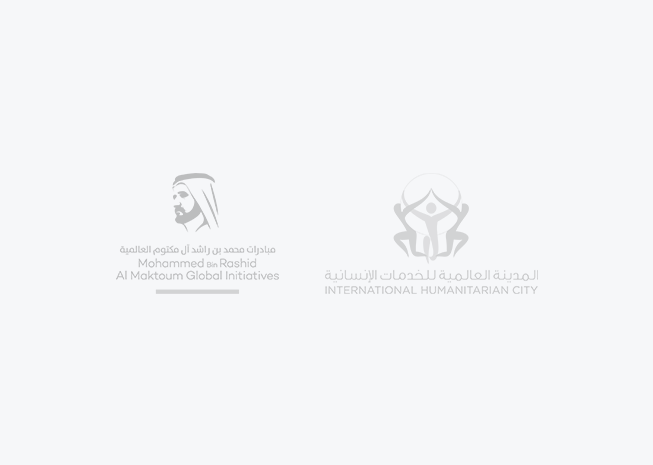
In Iraq, and just over a month since the start of the Mosul offensive, UNHCR, the UN Refugee Agency, and partners have been intensifying life-saving, emergency help for tens of thousands of displaced people.
There has been a marked increase over the past week in the number of people fleeing after fighting intensified in the more densely-populated urban areas of Mosul. Of the 60,000 people who have fled their homes since the start of the campaign on October 17, around 40,000 have done so since the start of November. Close to half are children, according to UN data and UNHCR surveys. Women, girls and female headed households, some of whom are survivors of abuse, account for much of the rest.
The need for sustained funding support as winter approaches, and a redoubling of efforts to reach those displaced by the fighting, many of whom now live in rudimentary conditions in camps, is crucial. UNHCR is also calling again on all parties in the fighting to respect the rights and lives of civilians, and we emphasize the importance of freedom of movement for residents of Mosul. Civilians should not be prevented from leaving the city and should have access to safe areas. Equally, civilians must not be forced to return to unsafe areas.
In some areas, civilian infrastructure like water, power, schools and hospitals is damaged and medical services are often unavailable. Many people are going hungry due to lost livelihoods, curtailed food production and increased prices. Supplies of water for drinking and agriculture have been disrupted.
UNHCR currently has six camps open, hosting well over 14,000 people and with a capacity for 54,600. Three more are under construction and one is in planning. All told, the 10 camps will have capacity for 17,000 plots. Additional land is required for UNHCR’s total planned 20,000 plots (with six people on average per family tent/plot), in order to provide shelter for 120,000 people in camps. If needed, UNHCR and its partners, including the Government of Iraq, can potentially host 700,000 people, including a number of shelter solutions outside of camps. But funding for this is crucial.
With partners, UNHCR is providing life-saving protection and assistance to newly-displaced families, making sure they have adequate shelter, and basic household items including mattresses, stoves, kitchen and hygiene sets and jerry cans. So far, more than 5,705 emergency relief packages have been distributed by UNHCR. And with temperatures declining, the focus is on protecting people against the weather and keeping them safe and warm. We plan to reach 1.2 million people in Iraq with special winterized kits including blankets, heating stoves, plastic tarpaulins and water and kerosene jerry cans. UNHCR is also providing cash assistance and plans to winter-proof 53,000 tents.
UNHCR is also bolstering protection monitoring and psychosocial and legal assistance through mobile teams to ensure timely interventions when problems are identified. Among the main concerns are family reunifications, supporting female-headed households, a lack of documentation and supporting victims of abuse.
In the camps, families who have spent more than two years under the control of armed groups, have spoken of tight restrictions and curtailed freedoms, as well as a lack of access to impartial information. To help fill this vacuum, UNHCR is supporting an initiative with BBC Media Action and Radio Nawa to initiate a programme to help newly-displaced families access timely information. This week, 2,000 small transistor radios were distributed in UNHCR’s Hasansham camp. Radio Nawa has installed a new transmitter to reach the camp. Residents will be able to listen to an unbiased, non-partisan information service, take part in radio phone-ins, raise questions or comments, and engage on-air with local and central government officials and the Iraqi security forces. Further distributions are planned in other camps in coming weeks.
UNHCR would like to thank donors for the support that they have given to date. Still, we urgently need additional resources to support the tens of thousands living in miserable conditions. We remain deeply concerned about the plight of civilians and — at the end of the first month of the campaign — call for international humanitarian law to be upheld.